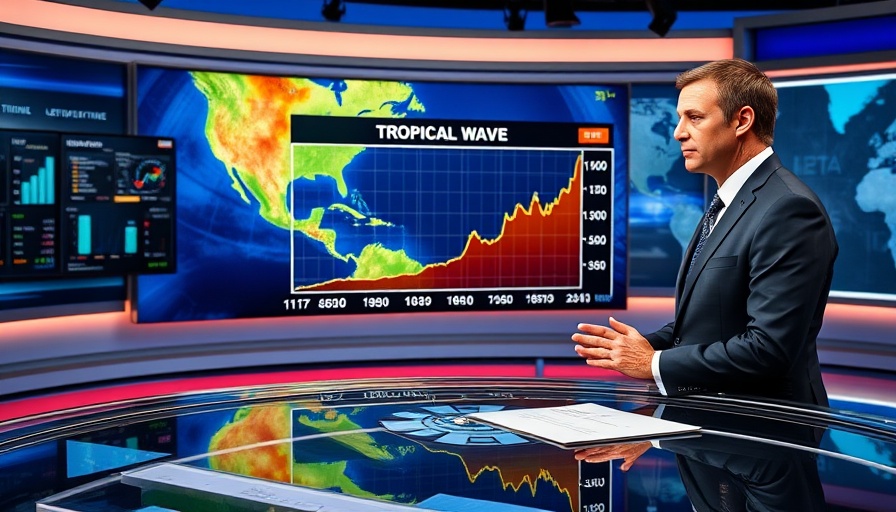
Escalating Violence in Gaza: A Humanitarian Crisis
As the conflict in Gaza intensifies, recent airstrikes conducted by Israel have reportedly resulted in the deaths of at least 31 individuals. This escalation is set against a backdrop of heightened tensions and accusations of genocide by leading international scholars—a claim that the Israeli government firmly denies. The ramifications of these attacks resonate far beyond the immediate toll, sparking global outrage and concern over the humanitarian implications for the residents of Gaza.
A Devastating Impact on Civilians
Health officials in Gaza reported that over half of the casualties include women and children. In Gaza City alone, where Israeli forces have launched multiple incursions since the recent hostilities began on October 7, 2023, at least 13 fatalities have been directly attributed to airstrikes. The situation in the Jabaliya refugee camp paints a grim picture, where families not only confront the immediate aftermath of violence but also face significant threats of starvation due to ongoing blockades and military operations.
What Residents Are Experiencing
Saeed Abu Elaish, a medic from Jabaliya, poignantly described the night as 'another merciless night in Gaza City,' underscoring the relentless nature of the attacks. Resident testimonies reveal a pervasive sense of fear and hopelessness, as many have been displaced multiple times, with their homes reduced to rubble. The psychological toll of living under constant threat cannot be overstated; many residents grapple with trauma and uncertainty regarding their safety and future.
Allegations of Genocide: A Contentious Debate
As Israel continues its military operations, the debate over whether these actions constitute genocide has gained significant traction. International scholars argue that intentional targeting of civilians, especially in densely populated areas, should be classified as such. The Israeli government counters, maintaining its stance that they only target militants, framing these accusations as a serious distortion of the realities on the ground. Thus, the term 'genocide' becomes embroiled in political discourse, drawing varied interpretations on the world stage.
Long-term Effects and Future Outlook
The current situation in Gaza not only highlights immediate violence but gestures toward long-lasting consequences, including increased international scrutiny and calls for accountability. Observers from around the world warn that unchecked military actions risk inflaming further conflict, as resentment continues to brew among the Palestinian population. Additionally, the ongoing humanitarian crisis may lead to broader geopolitical repercussions, as regional stability remains in jeopardy. Without substantial international engagement, the cycle of violence and retaliation is likely to persist.
What This Means for You
For Central Florida residents, these developments serve as important reminders of global interconnectedness. The humanitarian repercussions of international policy and military actions affect us all, urging communities to engage in dialogue, raise awareness, and consider the broader implications of global conflict. There are multiple ways to support humanitarian efforts through donations or activism, reflecting a commitment to improving lives, even from afar.
The urgency of the situation underscores the need for community members to stay informed about these evolving dynamics. Engage in discussions, support compassionate initiatives, or reach out to local organizations focused on humanitarian aid. In this moment of crisis, our collective voice can drive change and foster a more compassionate world.
 Add Row
Add Row  Add
Add 




Write A Comment